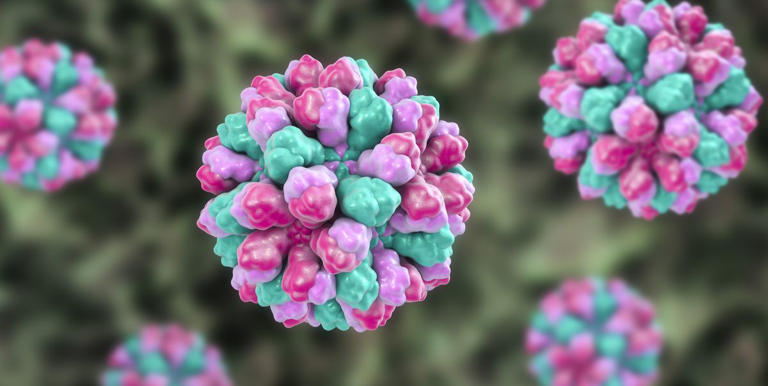
We’ve all experienced that dreadful encounter with norovirus—the relentless vomiting and diarrhea that leaves us feeling utterly defeated. The mere thought of enduring that level of intensity again can send us on a frantic search online, desperately asking, “Can you get norovirus twice?” Let’s delve into the complex world of norovirus and uncover the truth about its recurrence.
Can the norovirus strike twice? Unfortunately, yes. “People can be infected with norovirus countless times,” reveals Dr. Amesh A. Adalja, an infectious disease expert from the Johns Hopkins Center for Health Security. “Different strains do not provide much cross-immunity.”
The silver lining is that while it’s possible to contract norovirus multiple times (more than we’d like), the frequency is considerably lower compared to catching a common cold. Dr. Thomas Russo, an infectious disease expert from the University of Buffalo, explains, “There are many more genotypes and different agents for the common cold. So, the risk of reinfection is much less for norovirus, where nearly everyone gets one or more colds per year.”
But when can one experience a second bout of norovirus? This is where things get a bit complicated. Most studies indicate that immunity to the same strain of norovirus lasts from six months to two years after the initial infection. However, it’s crucial to emphasize that this protection only applies to the exact strain.
Dr. William Schaffner, an infectious disease specialist and professor of medicine at Vanderbilt University School of Medicine, warns that being infected with one strain of norovirus offers little defense against another strain. “There are different strains of norovirus,” he cautions. “You could potentially experience two episodes of norovirus in close succession. I wouldn’t wish that on anybody.”
Nonetheless, Dr. Adalja reassures, “It is probably unlikely that one can get infected immediately after recovering.” However, he adds, “Over a period of weeks, that immunity will wane, and susceptibility will increase.”
Preventing Norovirus: Your Shield Against the Storm
While it may be challenging to avoid norovirus when it’s circulating, there are measures you can take to lower your risk. The Centers for Disease Control and Prevention (CDC) recommends thorough handwashing with soap and water for at least 20 seconds, especially after using the restroom, changing diapers, and before eating or handling food.
If someone in your household has norovirus, the CDC advises cleaning and disinfecting any surfaces they may have touched. Dr. Schaffner advises wearing gloves and washing your hands after handling laundry for someone with norovirus.
“It’s not in the official recommendations, but I would definitely consider wearing a mask because norovirus can spread through aerosols,” suggests Dr. Russo, particularly when the infected individual is vomiting. Yet, once norovirus infiltrates your home, it becomes notoriously difficult to evade. “It’s very, very contagious,” warns Dr. Schaffner.
Knowing When to Seek Help
The silver lining—although scarce—about norovirus is that it typically resolves within one to three days, according to the CDC. However, dehydration remains a significant concern, particularly for young children, older individuals, and those with compromised immune systems.
“If you start out being somewhat frail, don’t hesitate to call your doctor about the next steps,” advises Dr. Schaffner. It’s essential to reach out if you experience signs of dehydration, such as decreased urination, dry mouth and throat, and dizziness upon standing.
“Your doctor may want you to visit the emergency room and receive some fluids,” adds Dr. Schaffner.
If you’ve recently recovered from norovirus, take solace in knowing that an immediate reinfection is unlikely. However, it’s still wise to practice excellent hand hygiene and steer clear of visibly ill individuals for added precaution.
The enigma of norovirus is far from simple, but armed with knowledge and vigilance, you can navigate its treacherous path and minimize its impact on your life.


